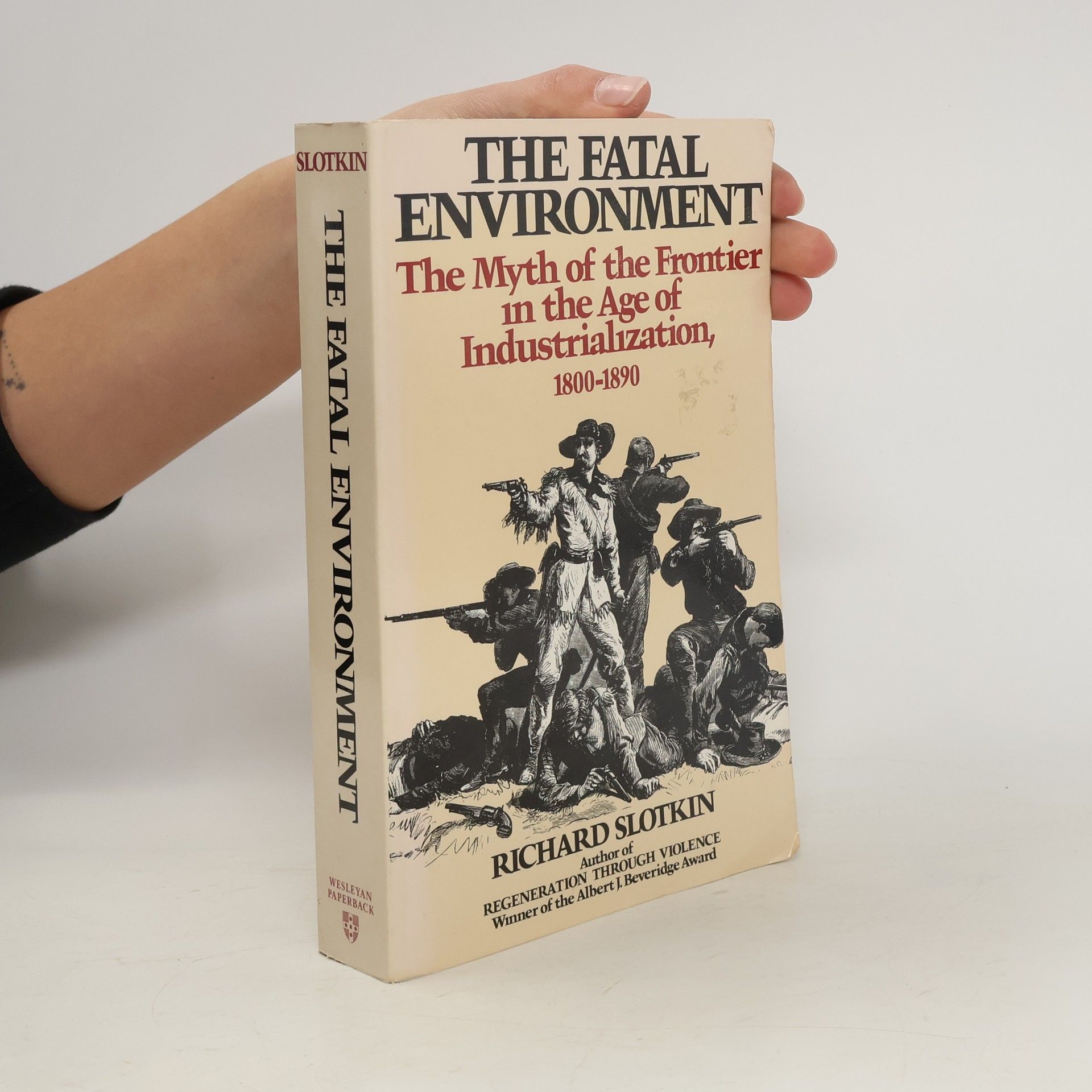The culture wars are pitting us against each other with a vitriol that is fueling outright violence. Slotkin looks to the foundational myths that have shaped American identity—the Frontier, the Founding, the Civil War (Emancipation and the Lost Cause), and the Good War—and reveals why they are bringing the US to the brink of an existential crisis.
Richard Slotkin Book order (chronological)
Richard Slotkin is a cultural critic, historian, and novelist whose work delves deeply into American identity and violence. His writing explores how these concepts are shaped within popular culture and history, focusing on enduring narratives and their impact on the American psyche. Slotkin's academic approach manifests in his ability to uncover the complex historical and cultural forces that influence American thought. His writings offer readers penetrating insights into the persistent facets of American culture and its evolution.



Regeneration Through Violence
The Mythology of the American Frontier, 1600-1860
- 684 pages
- 24 hours of reading
Exploring the evolution of American cultural attitudes, Richard Slotkin examines how European settlers' anxieties influenced their mythology in the American West. Through an analysis of popular literature from the seventeenth to early nineteenth centuries, including captivity narratives and works by notable authors like Hawthorne and Melville, the book reveals how these narratives reflect the settlers' struggles to claim land and displace Native Americans, ultimately shaping the American identity.
The fatal environment
The myth of the frontier in the age of industrialization, 1800-1890
In The Fatal Environment, Richard Slotkin demonstrates how the myth of frontier expansion and subjugation of the Indians helped to justify the course of America’s rise to wealth and power. Using Custer’s Last Stand as a metaphor for what Americans feared might happen if the frontier should be closed and the "savage" element be permitted to dominate the "civilized," Slotkin shows the emergence by 1890 of a myth redefined to help Americans respond to the confusion and strife of industrialization and imperial expansion.